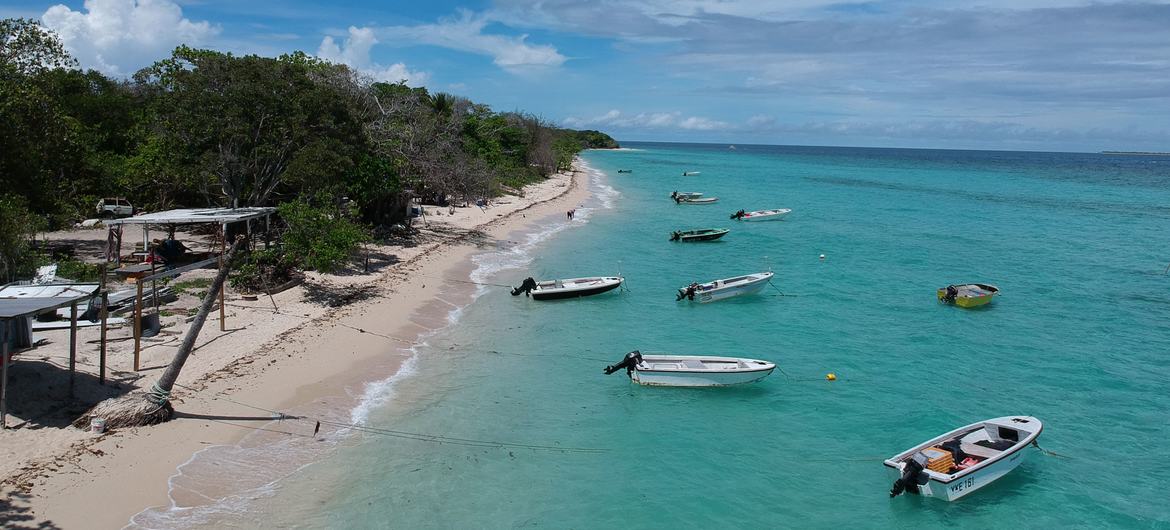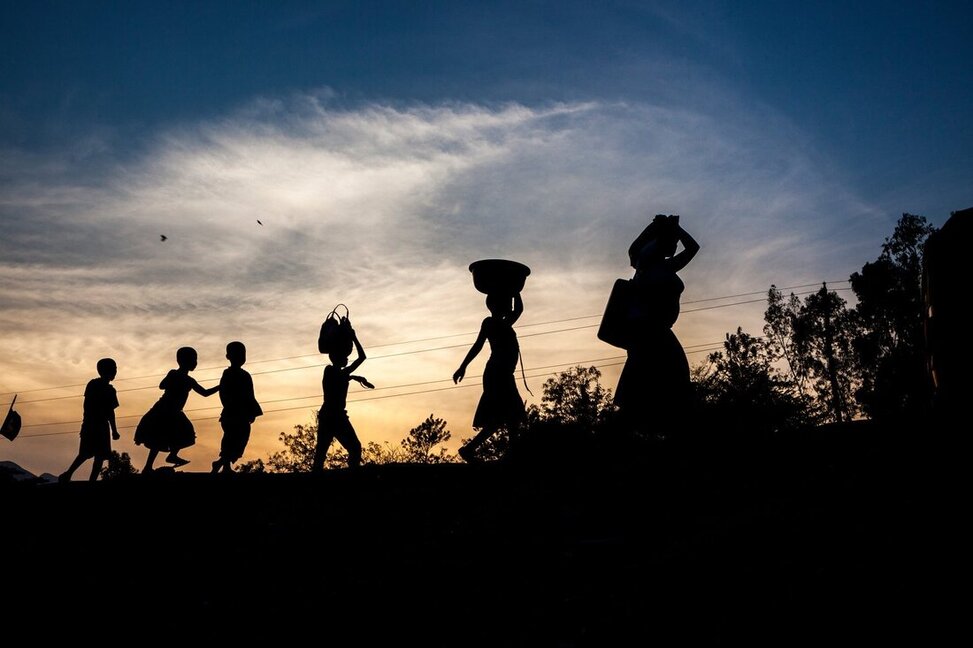|
|
UN News.org  On 23 September 2022, the U.N. Human Rights Committee of the International Covenant on Civil and Political Rights ruled in favour of indigenous Torres Islanders who had filed a complaint against Australia for failing to take sufficient measures to adapt to climate change, violating their rights to enjoy their culture, free from “arbitrary interference” with their private life, family and home. This non-binding UN ruling upholds a complaint to the Committee by eight indigenous inhabitants of four small Torres Strait islands and six of their children, all indigenous inhabitants of Boigu, Poruma, Warraber and Masig, four small, low-lying islands in the country's Torres Strait region. All of them claim that Australia harmed their way of life by failing to reduce greenhouse gas emissions and delaying the urgent construction of breakwaters in the area. According to the claimants, their islands have suffered severe flooding in recent years, which has destroyed family burial sites, dealing a severe blow to their ancestral culture. The islanders indicated that these tidal floods have destroyed family graves and left human remains scattered around their islands. On the other hand, changes in climate have degraded the soil, reducing its food production, based mainly on agriculture and fisheries. The Committee of 18 independent experts has argued that Australia violated the rights of indigenous Torres Strait Islanders to "enjoy their culture and to be free from arbitrary interference with their privacy, family and home". This decision is an important milestone, as this body has opened an avenue for people to complain about national policies that have failed to protect the most vulnerable from the impact of climate change. Therefore, the Committee has called on Australia to compensate indigenous islanders for the harm they have suffered, conduct meaningful consultations with their communities to assess their needs, and take steps to continue to ensure the safe existence of the communities on their respective islands. In these sense, this decision implies that States which fail to protect citizens within their jurisdiction from the adverse effects of climate change may be violating their human rights under international law.
0 Comments
Leave a Reply. |
Susana BorràsMarie Skłodowska-Curie Fellow (H2020-MSCA-IF-2020)nº101031252 Archives
March 2023
|
Proudly powered by Weebly




 RSS Feed
RSS Feed